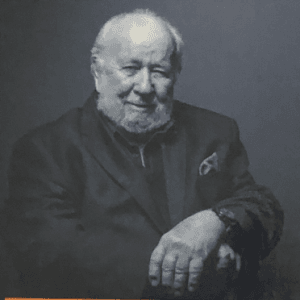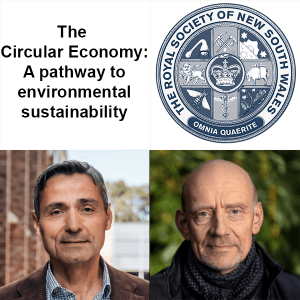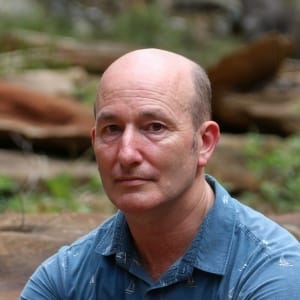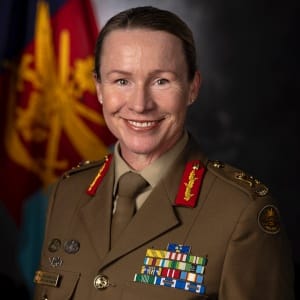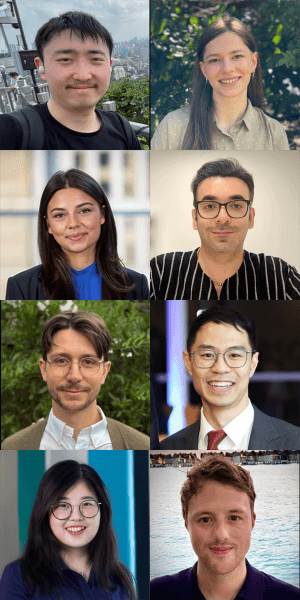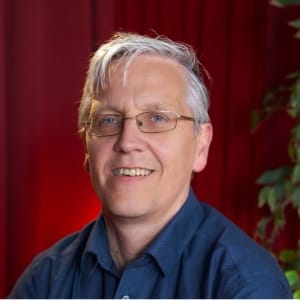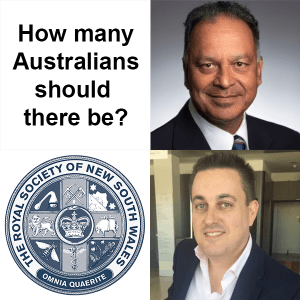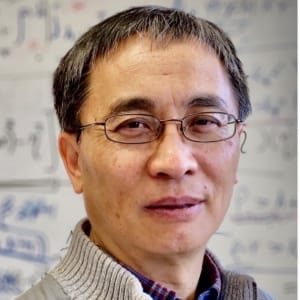
 “Mathematics for propagation and the spreading of species”
“Mathematics for propagation and the spreading of species”
Professor Yihong Du FAA
Professor of Mathematics
School of Science and Technology
University of New England
Date: Tuesday, 3 September 2024, 5.30 — 7.00 pm (AEST)
Venue: NOVA, 122 Faulkner Street, Armidale NSW 2350 and live streaming by Zoom
Video presentation: YouTube video
All are welcome
This event is a joint presentation of the University of New England and the Royal Society of New South Wales.
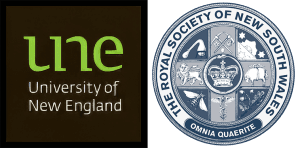
Summary: Propagation is a phenomenon observed in the real world with different forms; for example, it occurs in ecological invasion where an invading species is expanding its territory, and it happens in an epidemic when the disease is spreading to new areas. Mathematics, more precisely a class of simple partial differential equation models, has been used to successfully reveal some key features of propagation. In the first part of this talk, I will briefly recall this success story. In the second part, I will discuss some inadequacies of these classical models and look at several new developments in the mathematical modelling of propagation. Some numerical simulation results will be used to illustrate the mathematical findings.
Professor Yihong Du obtained his PhD in 1988 from Shandong University (China). After spending two years at Shandong University as a Lecturer (1988-90), and one year at Heriot-Watt University (UK) as a visiting fellow (1990-91), he joined the University of New England (UNE) in 1991, as a postdoctoral research fellow (1991-92) working with Professor E N Dancer on an Australian Research Council (ARC) supported project. Dr Du became a Lecturer at UNE in 1993 and was promoted to Professor in 2008. He is interested in mathematical problems arising from applications in other sciences, such as biology, invasion ecology and chemical reaction theory. Some of his recent works investigate mathematical models for propagation, such as the spreading of diseases, or the invasion of exotic species, which involve nonlinear elliptic and parabolic partial differential equations, often over a spatial domain with moving boundaries to represent the propagation front. For his research achievements in this and other areas, he was elected a Fellow of the Australian Academy of Science in 2021. In 2024, he was awarded an Australian Laureate Fellowship by the ARC.
| NOVA, 122 Faulkner Street, Armidale NSW 2350 and live streaming by Zoom | |
| Date: | Tuesday, 03 September 2024, 05:30 PM |
| Venue: | Zoom Webinar |
| Entry: | No Charge |
All are Welcome

